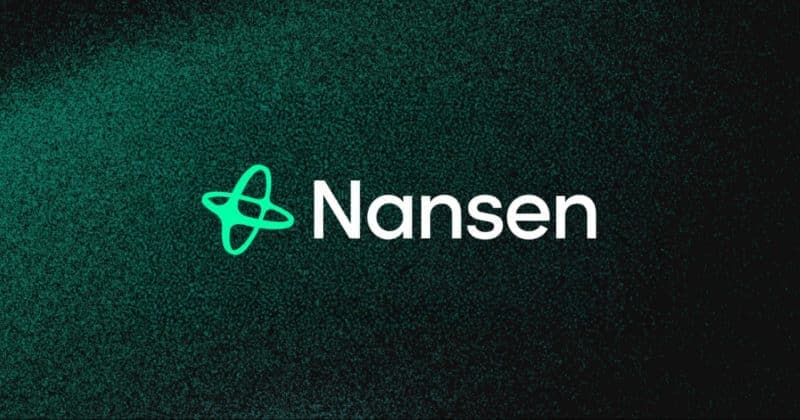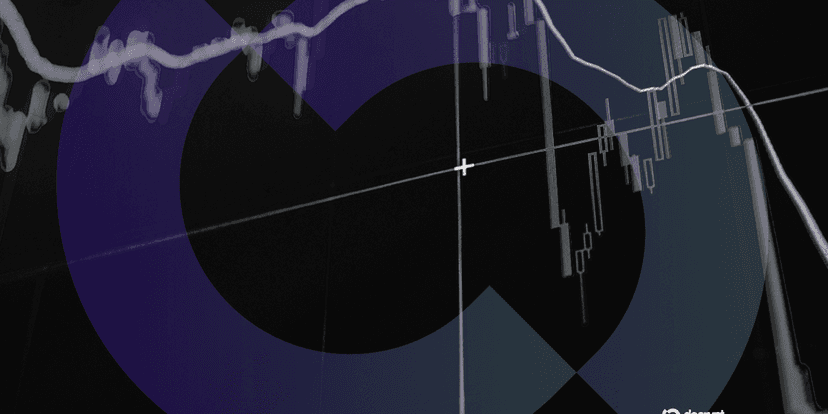About BNB (BNB) in the German Market
BNB (BNB), launched on July 8, 2017, is a cryptocurrency operating on the Binance Chain, designed for fast and efficient transactions within the Binance ecosystem. While specific details about its consensus mechanism are limited, it employs a delegated proof-of-stake (DPoS) model, ensuring rapid...
As a utility token on the Binance platform, BNB serves multiple purposes, primarily for paying trading fees on the Binance exchange, where users benefit from discounts. Additionally, BNB is integral to decentralized finance (DeFi) applications, including staking and lending, enabling users to earn...
BNB operates under a deflationary tokenomics model, with an initial total supply of 200 million tokens. Its distribution includes allocations for the Binance team, investors, and the ecosystem, fostering a diverse stakeholder base.
Operating on the Binance Chain, BNB uses a delegated proof-of-stake (DPoS) consensus mechanism for network security and transaction validation. A select number of validators, elected by BNB holders, produce blocks and validate transactions, ensuring efficiency.
Since its launch in July 2017, BNB's development roadmap has seen significant milestones. Originally an ERC-20 token on Ethereum, BNB transitioned to Binance Chain in April 2019, enhancing functionality. The launch of Binance Smart Chain (BSC) in 2020 expanded BNB's utility with smart contracts and...
How to Secure Your BNB Holdings in Germany
To effectively safeguard your BNB assets, consider using a hardware wallet, which provides enhanced protection against online threats. Popular models like Ledger and Trezor are well-regarded for their strong security features in the German market.
For managing private keys, generate and store them in a secure, offline environment, avoiding any exposure to the internet. Utilizing a password manager can help create and store complex passwords for your wallets. Stay alert to common security threats such as phishing and malware.
Implement two-factor authentication (2FA) on all accounts and ensure your software is regularly updated to address vulnerabilities. Consider multi-signature wallets that require multiple private keys for transaction authorization, significantly lowering the risk of unauthorized access.
Finally, establish a thorough backup strategy by securely storing your wallet seed phrases and private keys in multiple, physically secure locations, protecting them from theft, loss, or damage.
Understanding How BNB Functions in Germany
BNB operates on the Binance Smart Chain (BSC), featuring a dual-chain architecture that allows seamless asset transfers between Binance Chain and Binance Smart Chain, enhancing flexibility and scalability for German users.
The consensus mechanism used by BSC is a variant of Proof of Stake called Proof of Staked Authority (PoSA), combining aspects of Proof of Authority and Delegated Proof of Stake. This results in faster block times and reduced transaction fees, appealing to the German market.
Transactions are validated by a group of validators who create new blocks and confirm transactions, selected based on their BNB stake. Network security is upheld through validator reputation, staking requirements, and regular audits, ensuring compliance with German regulations.
BNB's unique features include cross-chain transaction capabilities, smart contract support, and integration with various decentralized applications (dApps), significantly enhancing its utility in the German cryptocurrency ecosystem.


